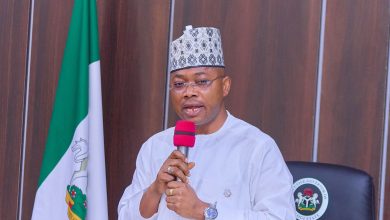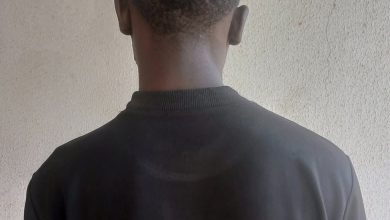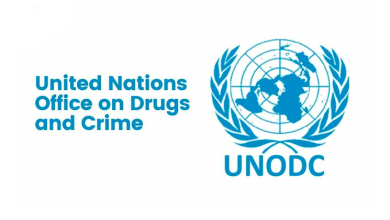Southeast Nigeria Observes Biafra Heroes Day Amid Tension and Hope
Today, May 30, 2025, major towns and cities across Nigeria’s southeast region including Enugu, Owerri, Abakaliki, Awka, and Umuahia experienced a remarkable stillness, as the Indigenous People of Biafra (IPOB) once again declared a “sit-at-home” day to commemorate the lives lost during the Nigerian Civil War (1967–1970).
The annual remembrance, often marked by the closure of businesses, schools, markets, and public institutions, is IPOB’s way of memorializing both military and civilians who perished during one of Africa’s most tragic conflicts. The directive, though controversial, has gained symbolic weight over the years, reflecting the region’s ongoing quest for recognition, justice, and cultural dignity.
A day of ghost streets and silent resistance
Reports from across the southeastern states show that compliance with the sit-at-home directive was substantial. Roads were largely deserted, commercial activities paused, and public transport was significantly reduced.
In cities like Onitsha and Aba, typically buzzing with trade and movement, the silence was almost surreal, a powerful statement of unity, grief, and quiet protest. Although IPOB emphasized that the directive was intended to be peaceful and voluntary, the shadow of fear remains.
Previous years have seen violence erupt due to enforcement by self-styled operatives, causing many residents to comply out of caution rather than political alignment. Local security agencies issued statements urging residents to go about their lawful duties, but many chose safety over confrontation, remaining indoors or engaging in private commemorations, voices of memory and renewal. For many in the region, May 30 is more than a political statement, it’s a day of reflection and historical healing.
Civil society organizations, traditional rulers, and families of war victims observed the day by organizing private prayers, storytelling sessions, and small memorial services. Social media also buzzed with hashtags like #BiafraHeroesDay, #NeverForget1967, and #PeaceForTheEast, as young people expressed solidarity and hope for a better future.
An elder in Nsukka, 76-year-old Eze Ogbulafor, who lost two brothers in the war, noted: “We don’t do this because we love division. We do it because we don’t want our dead forgotten. If we can’t bury them all, we can at least remember them.
Grief as a path to growth?
There’s a profound lesson in today’s quiet across the southeast that collective memory is not necessarily a call for war, but a longing for truth and reconciliation. While IPOB remains a polarizing force with complicated motives, the ordinary people observing today’s remembrance are simply asking: “When will our story be part of the national story?” It is important to recognize the tension between national unity and ethnic identity, a balance many countries must navigate.
But honoring the past doesn’t have to threaten the present. Instead, it can help heal national wounds and foster genuine dialogue. Looking Ahead: What Might the Future Hold? As Nigeria approaches another election cycle in 2027, and as regional leaders seek increased autonomy and development, days like May 30 may become platforms for peaceful civic discourse, if managed with empathy and openness.
Furthermore, there is growing interest among youth in restorative justice, economic reinvestment in the Southeast, and digital activism that amplifies their history and hopes. If tapped into wisely, these sentiments could pave the way for a more inclusive and equitable federation.
In the words of Chika, a 23-year-old university student in Awka: “I don’t want war. I want peace, but a peace that remembers us too”.
Whether one agrees with IPOB’s methods or not, the emotional significance of May 30 cannot be denied. It remains a solemn reminder that no nation can thrive by burying its painful history without first understanding it.
For the people of the Southeast, today was not about rebellion, it was about remembrance, resilience, and a hope that the future will finally include their full story.



